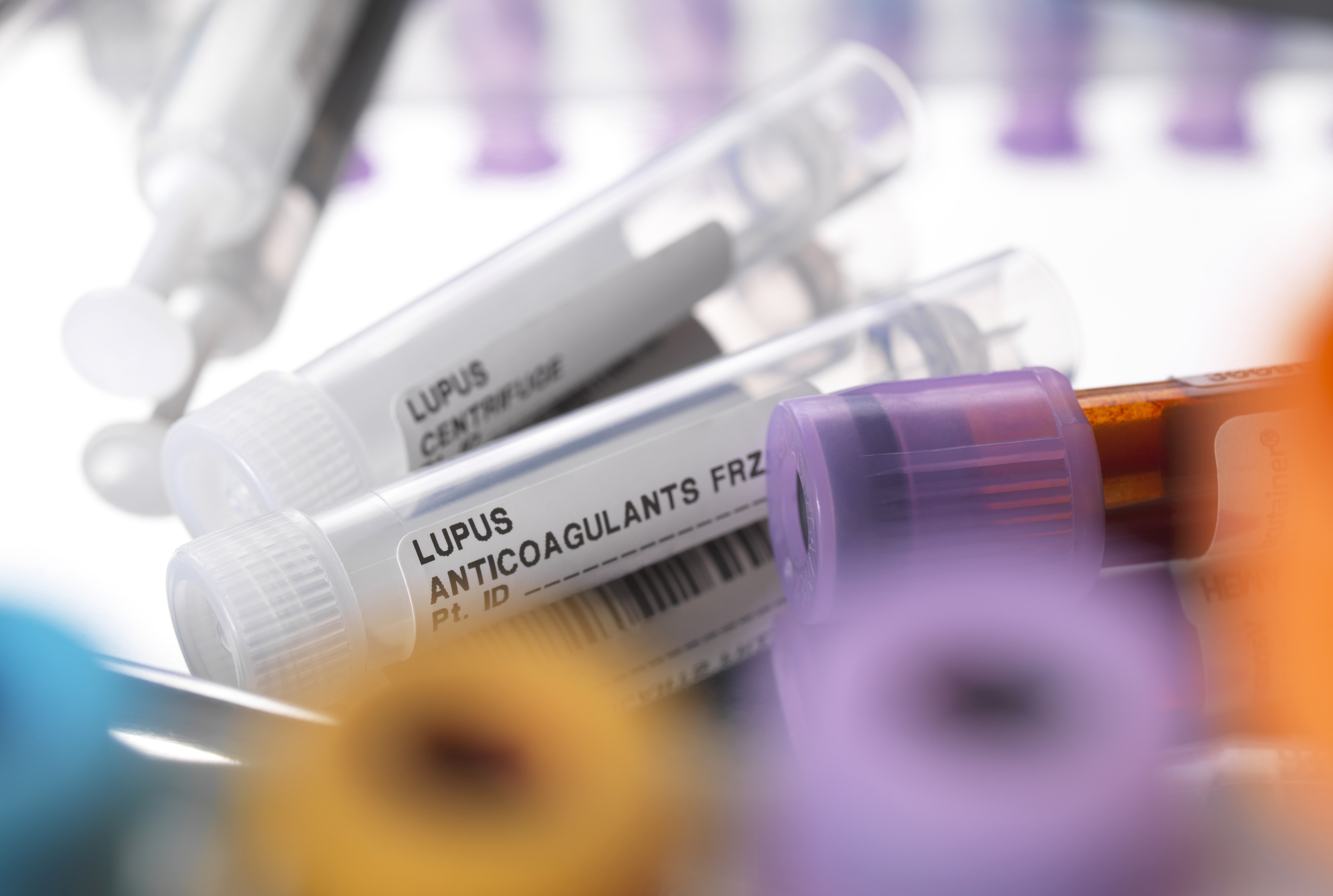Being bold in medical research

Professor Fabienne Mackay’s work led to the first new treatment for lupus, an autoimmune disease, in more than 50 years, but there is much more to do and she says researchers need to ask the big questions – and be prepared for surprises
Published 8 January 2020
Lupus isn’t well known, but the currently incurable autoimmune disease often marked by a ‘butterfly’ rash on the face, is highly prevalent, affecting five million people globally. Treatments are few and far between and few researchers are focused on it.
But award winning medical researcher Professor Fabienne Mackay has concentrated much of her career on tackling lupus, and in 2011 her genetic research work led to the approval of the first new treatment for the disease in more than 50 years. And while that is good news for some patients, the treatment isn’t effective for all patients, and she says more research work and breakthroughs are needed.
“I would love the public to realise that lupus is actually very prevalent; that the therapies we have at the moment, even though I worked towards one, are not serving everybody. It helps some patients but not all of them,” says Professor Mackay who in October 2019 received a Distinguished Innovator Award from the US-based Lupus Research Alliance.
The good news is that we are still unravelling the secrets of the human body, which means there continues to be research leads to follow, including for instance the potential role of diet and the gut microbiome – the bacteria in our digestive system.
“There is a whole story we didn’t realise was there and now it’s excitement all over again finding out how these layers are working on top of the layers we’ve already unravelled,” says Professor Mackay.
“That is what fascinates me – you think you know it all and then there’s always something that comes and surprises you.”
And her advice to her medical research students is to think big.
“Always be bold. Think blue sky. It is a bit of risk and I know it’s never something that students are comfortable to do, but I think that where you find the most valuable discoveries.”
Episode recorded: November 11, 2019.
Interviewer: Dr Andi Horvath.
Producer, audio engineer and editor: Chris Hatzis.
Co-producers: Silvi Vann-Wall and Dr Andi Horvath.
Image: Getty Images

